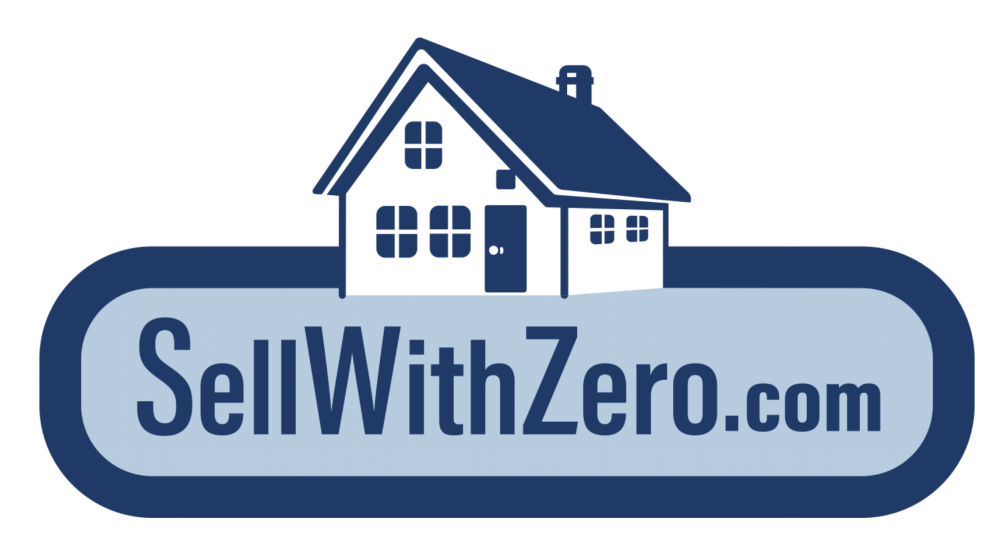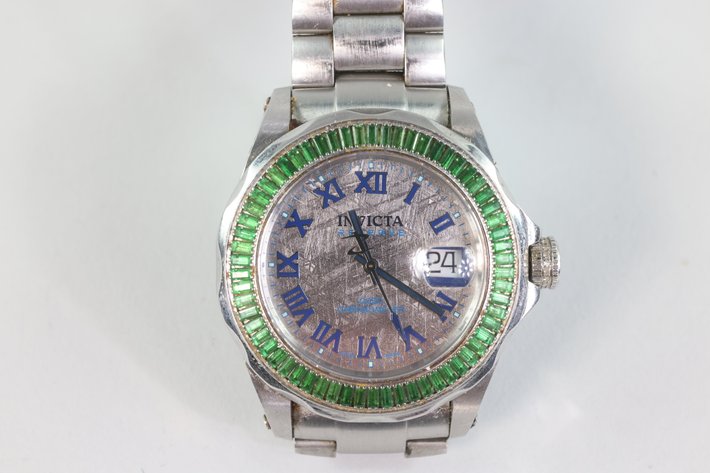
Speed
Though timelines may vary, an auction is typically set up and promoted within 45 days. The post-auction settlement period is usually another 30 to 45 days, making the total timeline roughly 90 days, start to finish. This means that homes often sell faster through auction because there is a fixed date that the property is sold. All marketing happens before, and closing happens after, but this predictability is a key selling point for auctions. The sense of urgency created by this tight timeline also encourages buyer interest.
Depending on the market, selling with a traditional realtor can take substantially longer. This process involves any improvements and staging, listing the home, multiple showings, negotiations, and the time from when the sale contract is signed to the time of the contract settlement. This time period ranges significantly depending on market activity, price, location, and other outside factors.
Cost
The auctioneer fee typically ranges from 1-3% of the sale price, with the focus on “impact marketing” that showcases the property to potential bidders through signage, direct mail print campaigns, online and social media advertising, and other media outlets to promote buzz and attention for the upcoming auction. When selling through auction, the seller pays the minimum amount of closing costs required by law, including the preparation of the deed, revenue stamps, and the seller’s portion of necessary taxes.
Selling through a realtor is more inclusive of various costs within the agent’s fee, including marketing and other promotional materials. Because of this, the sticker price is often higher but more predictable when selling with a realtor. The buyer also has some control of the seller’s costs at closing, as they can negotiate repairs to be made or for the seller to pay all closing costs. Auction homes are sold "as-is" and therefore cannot be subject to expensive renovation costs.
Additionally, because of the competitive nature of auctions, the price can be driven up by competing bidders. With a realtor, if a home is sitting on the market for a long time, buyers have the ability to negotiate a lower price for the property being sold.
Control
Selling through auction gives the seller a significant level of control over the sale. Auction properties are sold “as is,” so the sale of your property is not tied to any appraisals, inspections, financing uncertainties, or other conditions that can be determined by the buyer when selling through a realtor. Because auctions:
require bidders to pre-qualify for financing before registering,
guarantee a sell date,
eliminate the possibility of unscheduled or drawn-out showings,
removes the seller from negotiations, and
guarantees bidders who are ready to buy, much of the uncertainty of the selling process is removed.
When selling through a traditional realtor, the buyer is able to set purchase contingencies, which also allows them to back out of the deal if these contingencies are not met or if their loan is not approved. In this situation, the buyer also typically sets the closing date, whereas, in an auction, the seller and the auction company determine the date and time for the sale of their property.
Overall
At the end of the day, selling through auction can be one of the best strategies, when all the boxes are checked, selling through auction can be fast, profitable, and predictable. According to the National Association of Realtors, it is best to access the market, the property, and the situation when decided whether or not to sell your property through auction. If you do decide an auction is best for you then best to get an auctioneer with experience, like Blue Box Auction Gallery.
Have some additional questions or are interested in selling your property? Call Blue Box Auction Gallery today or learn more online.













